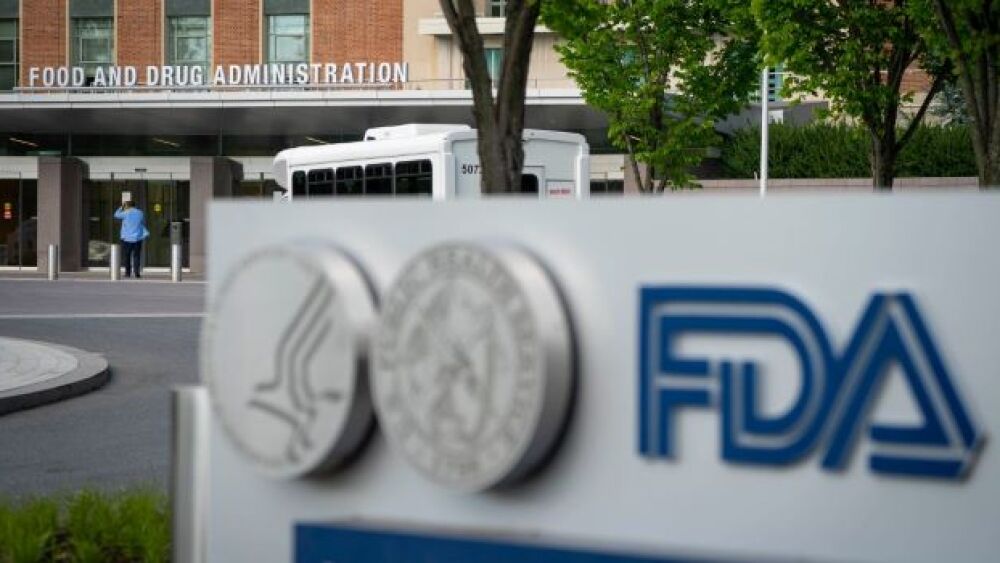Seagen’s Adcetris has been given FDA approval for the treatment of children aged two years and above with high-risk classical Hodgkin lymphoma.
Sarah Silbiger/Getty Images
Seagen is on a roll this week. After naming David Epstein as its new CEO, the Washington-based biotech announced that Adcetris (brentuximab vedotin) has been given FDA approval for the treatment of children aged two years and above with high-risk classical Hodgkin lymphoma.
The regulatory nod, based on data from the Phase III study AHOD1331, covers the use of Adcetris with the chemotherapeutic agents doxorubicin, vincristine, etoposide, prednisone and cyclophosphamide.
In a statement, Marjorie Green, M.D., senior vice president and head of late-stage development at Seagen, said Adcetris has already been proven as a “groundbreaking medicine” for certain types of lymphomas in adults, and Thursday’s green light “extends its availability to younger patients.”
The Science Behind the Approval
An antibody-drug conjugate, Adcetris works by looking for and targeting the CD30 surface protein, typically overexpressed on some types of cancer cells.
The other half of Adcetris is monomethyl auristatin E, a potent microtubule disrupting agent, attached to the antibody using Seagen’s proprietary linker technology. The overall system is stable in the bloodstream but quickly releases the cytotoxic payload once taken in by a CD30-bearing cell.
This mode of action was verified in the AHOD1331 study, a randomized and open-label study sponsored by the National Cancer Institute. Enrolling nearly 600 patients aged 2 to 21 across more than 150 institutions, AHOD1331 is the largest immunotherapy study of this indication yet.
Trial participants were treated either with standard of care alone or with Adcetris as an add-on. Results showed significantly better event-free survival in the Adcetris arm. Moreover, treatment with Seagen’s cancer drug reduced the risk of progression or relapse, second cancer or death by 59% compared to standard of care alone.
Adcetris is already indicated for classical Hodgkin lymphoma in adults, as well as systemic anaplastic large-cell lymphoma or other CD30-expressing peripheral T-cell lymphomas.
Thursday’s approval should improve Adcetris’s market share versus Merck’s blockbuster Keytruda (pembrolizumab), which in 2017, won the FDA’s approval for classical Hodgkin lymphoma in both adults and children who had relapsed after at least three prior lines of therapy.






